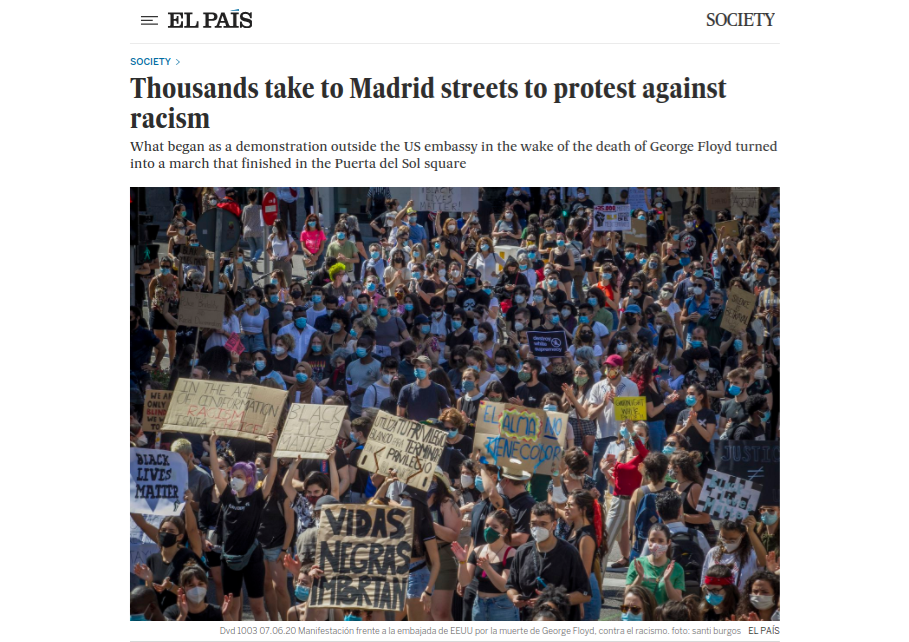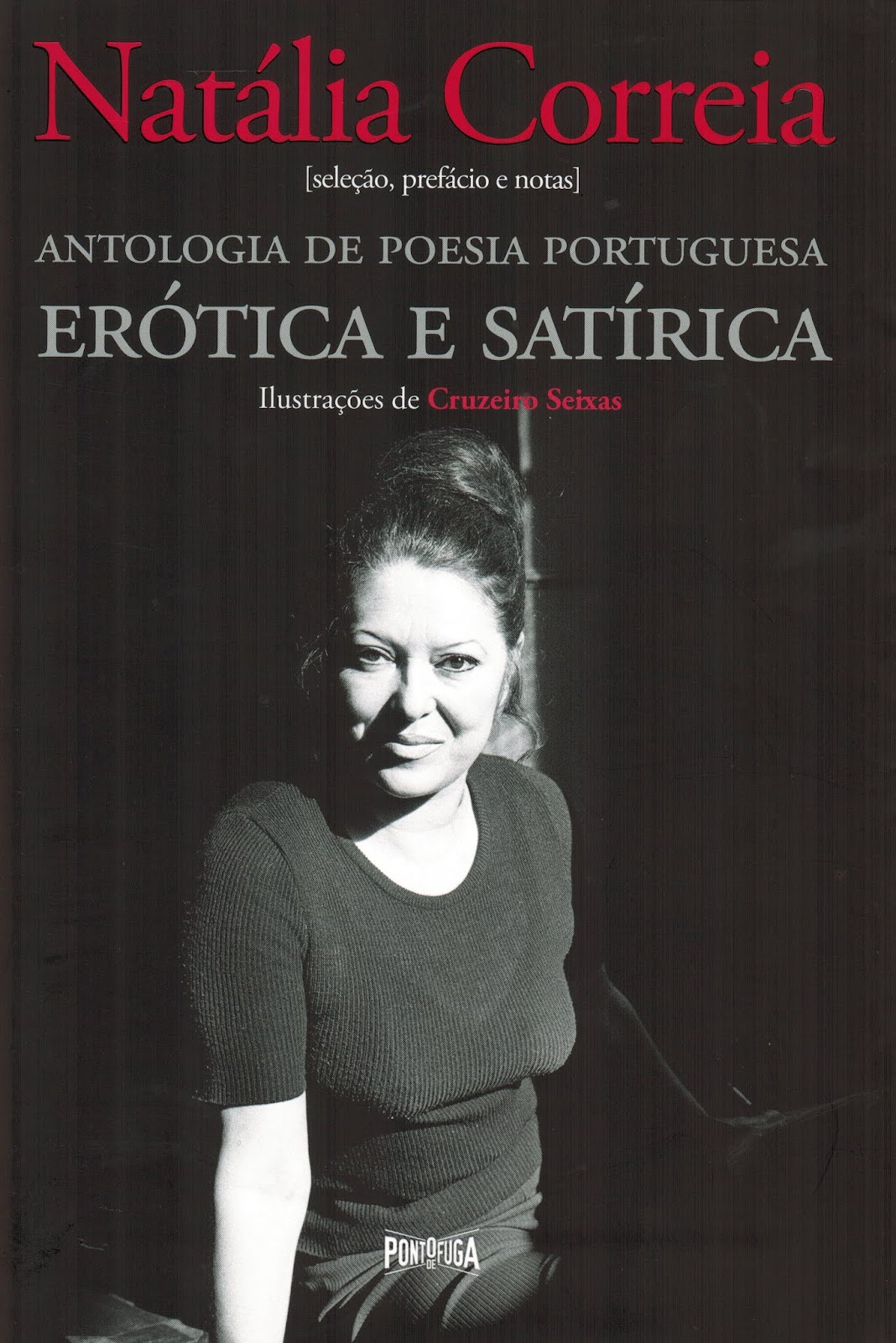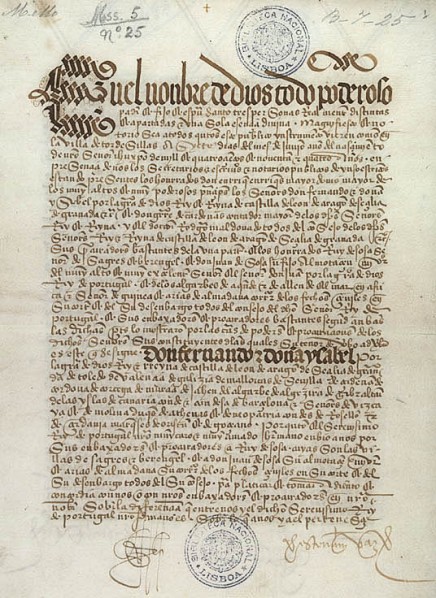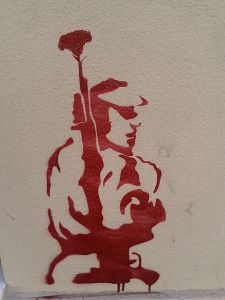Today marks 50 years since 25 April, 1974, the date of Portugal’s “Carnation Revolution”, which led to the overthrow of the authoritarian Estado Novo regime, the introduction of democracy in the country, and the withdrawal of Portugal from its African colonies. For more detailed information about 25 April, you can read our earlier post commemorating its 40th anniversary here.
Unsurprisingly, given this momentous anniversary, much more material related to the Revolution has been published recently in Portugal and elsewhere, so we have acquired many new relevant titles. The significance of 25 April in international terms is shown by the fact that, as well as the expected titles in Portuguese, in recent years we have also bought books on the topic in French, Spanish and English:
Continue reading “The Carnation Revolution – 50 years”




